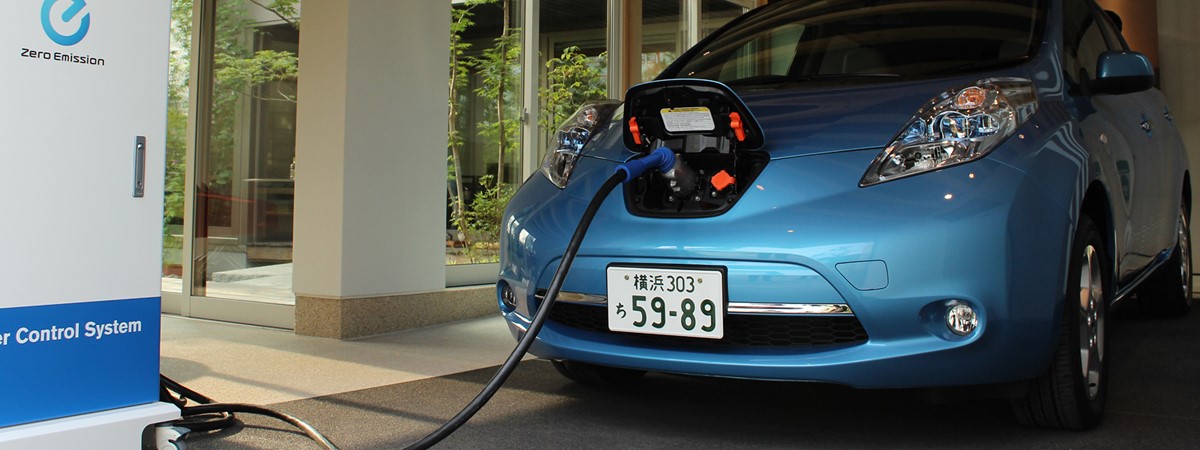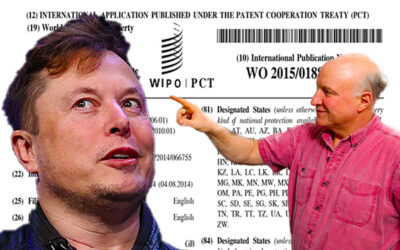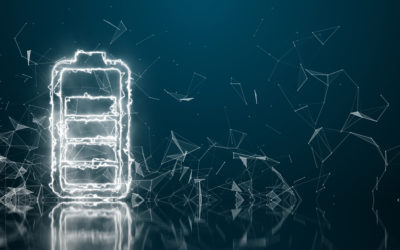[ad_1]
Most motorists would be happy to use smart charging schemes if it meant lowering the cost of their electricity bill, UK Power Networks has found.
The utility operator, which owns and maintains electricity cables and lines across London and the South East, conducted a survey of 800 motorists to get their views.
Concerns have been raised that the proliferation of electric vehicles (EVs) over the next decade could place the UK’s power grids under immense strain due to the extra energy demand. From July last year the Government mandated that all EV home chargepoints must include technology to help drivers limit costs and give them the ability to only charge when there is excess energy on the grid.
The survey found that while customers are happy to engage in smart charging schemes, they also wanted ‘peace of mind’ when it comes to mobility. Users of smart charging theoretically run the risk of not having their vehicle at full charge when they need depending on the fluctuations of the grid.
UK Power Networks said it is collaborating with energy suppliers and others to develop a platform. More than 1,000 EV drivers are now joining a large-scale trial of customer incentives for smart charging.
There are 89,000 EVs connected to UK Power Networks’ electricity networks in the South East, a figure that is projected to rise to 4.1 million by the end of the decade.
A typical EV connected to a fast charger uses about as much electricity on average as a three-bedroom house.
Customers in the study strongly preferred a market-led approach to managing these spikes in demand, with two thirds saying that they would be willing to charge outside of peak times for a reduction in their monthly electricity bill.
Ian Cameron, head of innovation and customer services at UK Power Networks, said: “Electric vehicles are coming and we have a key role in making sure our customers can benefit from new technologies. That’s why we’ve been listening to stakeholders involved in the market from energy suppliers to customers to develop new incentives that deliver benefits. Smart charging is a key part of the solution we can use ahead of building new infrastructure to create capacity for the additional demand.”
Audrey Gallacher, interim chief executive, Energy UK said: “Electric vehicles represent a fantastic opportunity for both consumers and the energy system – as well as a major requirement to reach net-zero – and smart charging will be key to unlocking their full benefits. UK Power Networks’ research underlines the findings of the recently released EV Energy Taskforce report – that for smart charging to be a success it must give drivers choice, control and reward. This means having control over when you charge your vehicle but also knowing that being flexible will save money.”
Sign up to the E&T News e-mail to get great stories like this delivered to your inbox every day.
[ad_2]
Source link
2020-03-16 16:11:40
Jack Loughran
[author_name]:author name
https://eandt.theiet.org/content/articles/2020/03/motorists-would-use-smart-charging-in-return-for-energy-bill-discounts/
https://eandt.theiet.org/content/articles/2020/03/motorists-would-use-smart-charging-in-return-for-energy-bill-discounts/
eandt.theiet.org





0 Comments